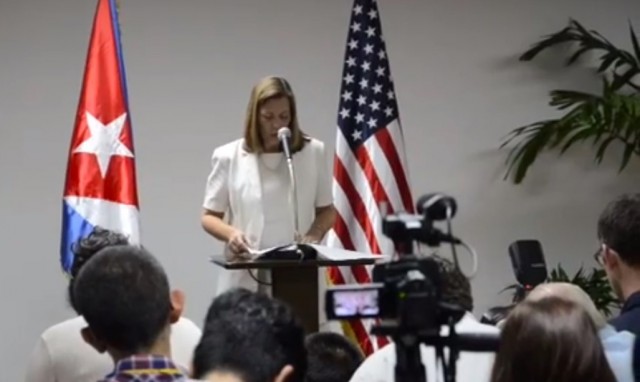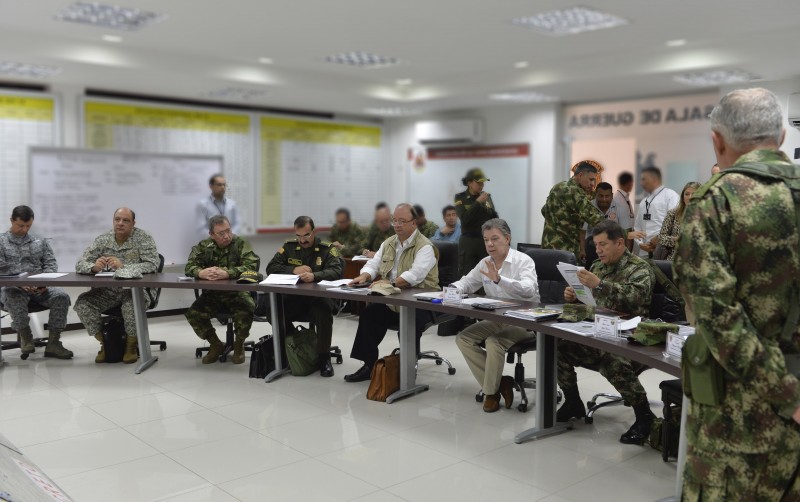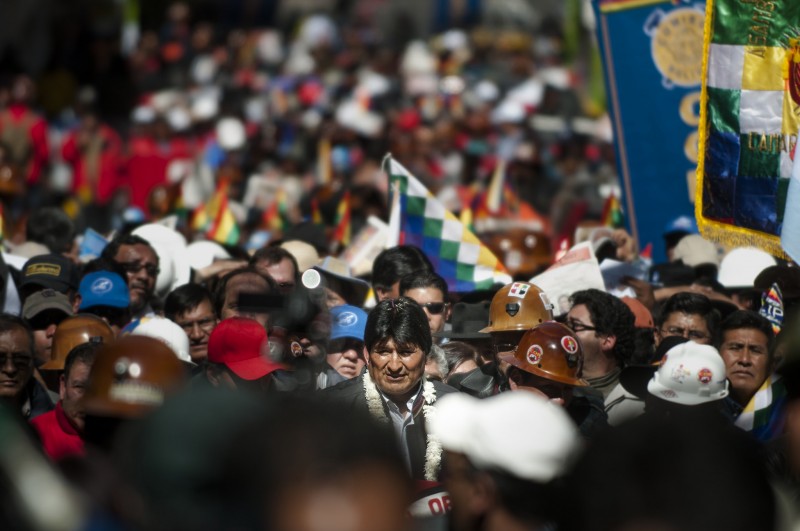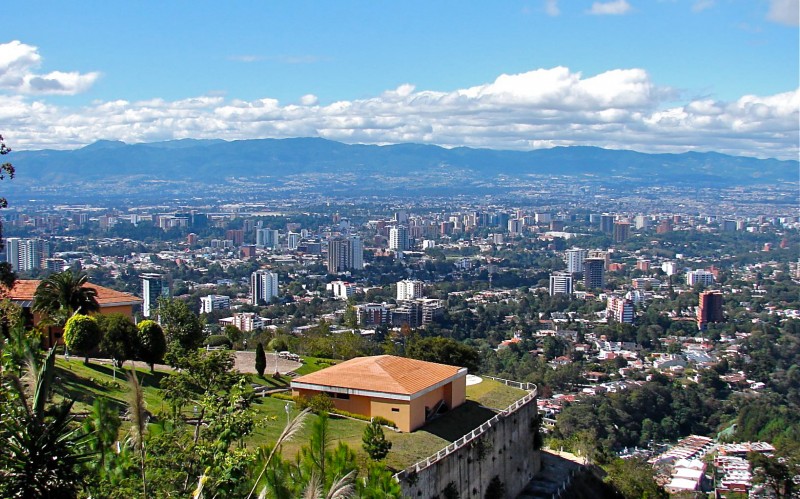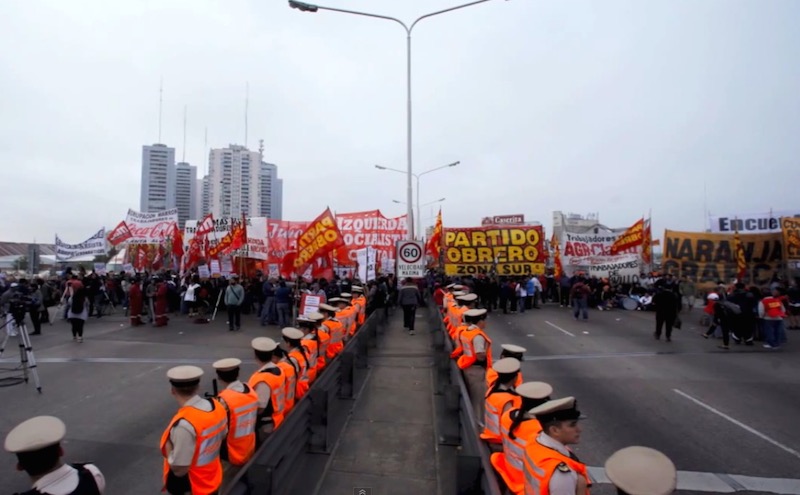
Argentina, Latin America: Week in Review, Southern Cone
Strikes Suspend Transportation Across Argentina
April 1, 2015 By Staff
Top Story — A 24-hour strike on Tuesday by transportation unions in Argentina caused a domino effect that led to the cancellation of domestic and international flights, school and bank closures across the country and thousands of shuttered businesses. The transportation unions organized the country-wide strike to dispute steep inflation and current income tax rates.
Roberto Fernandez, head of one of the principal organizations behind the strike, the Automotive Tramways Union, referred to its effect as one of “total impact,” in an interview with Radio Mitre. The streets were largely deserted throughout the day as shut-down bus and train systems prevented Argentine citizens from getting to work and school. Blockades set up throughout the main routes in the capital, Buenos Aires, by members of the Socialist Workers party kept car drivers from transiting freely. Domestic and international flights, in turn, were cancelled because a significant number of airport workers are represented by transportation unions.
The unions argue that current inflation rates will cause salary increases, which will lead to a greater number of workers having to pay income tax. The strikers demand that the income tax threshold be raised in proportion to the rising salaries caused by inflation.
Members of President Cristina Fernández’s administration announced over the weekend that there are no current plans to change the income tax bracket. Chief of Cabinet Aníbal Fernández said Tuesday that a very small percentage of transportation workers pay income tax.
Headlines from the Western Hemisphere
North America
- Four people died and dozens were kidnapped in Mexico’s Guerrero state during a battle between two vigilante “self-defense” groups, which rose to prominence in 2013 amid widespread drug violence but are now themselves often accused of abusing local residents.
- The death toll from last week’s gas tanker explosion in Mexico’s Tabasco state has risen to 14 people, according to the state prosecutor’s office.
- Throughout Texas people honored the twentieth anniversary of the murder of Mexican-American pop star Selena, known as the “Queen of Tejano,” whose legacy and influence is still felt today.
Caribbean
- Cuba and the United States held talks Tuesday on human rights that, according to Cuba’s ambassador to the U.N. in Geneva, were “professional” and “civilized,” though both countries refused to provide specifics on the meeting.
- Haiti’s President Michel Martelly still maintains a 57 percent approval rating, according to a recent public opinion survey, despite anti-government protests that have plagued his country for months,though the poll also indicates a majority of Haitians are unhappy with the direction their country is headed in.
Central America
- Eight people were tied up and shot in the capital of El Salvador March 29, a massacre authorities believe was part of “settling accounts,” according to InSight Crime, marking a surge of violence in El Salvador’s already worsening security situation since the collapse of a 2012 gang truce.
Andes
- Members of a Peruvian community where four anti-logging activists were murdered last year are still searching for justice and an end to the illegal logging that continues in their surrounding region.
- Peru’s Prime Minister Ana Jara was forced to resign after allegations that the country’s intelligence agency had been gathering information on leading political and business figures resulted in her losing a vote of confidence in Congress.
Southern Cone
- The son of Argentine President Cristina Fernández has denied anonymous accusations — published Sunday in newspaper Clarín, which has long been critical of Fernández — that he has foreign bank accounts.
- The Vatican issued a statement of support for Bishop Juan Barros in Chile, amid protests and a growing controversy involving the bishop’s alleged involvement in covering up for a priest found guilty of molestation in 2011.
- Authorities in São Paulo announced they will be forced to restrict water availability in the city of 20 million to only two days a week if the current drought devastating the country continues.
